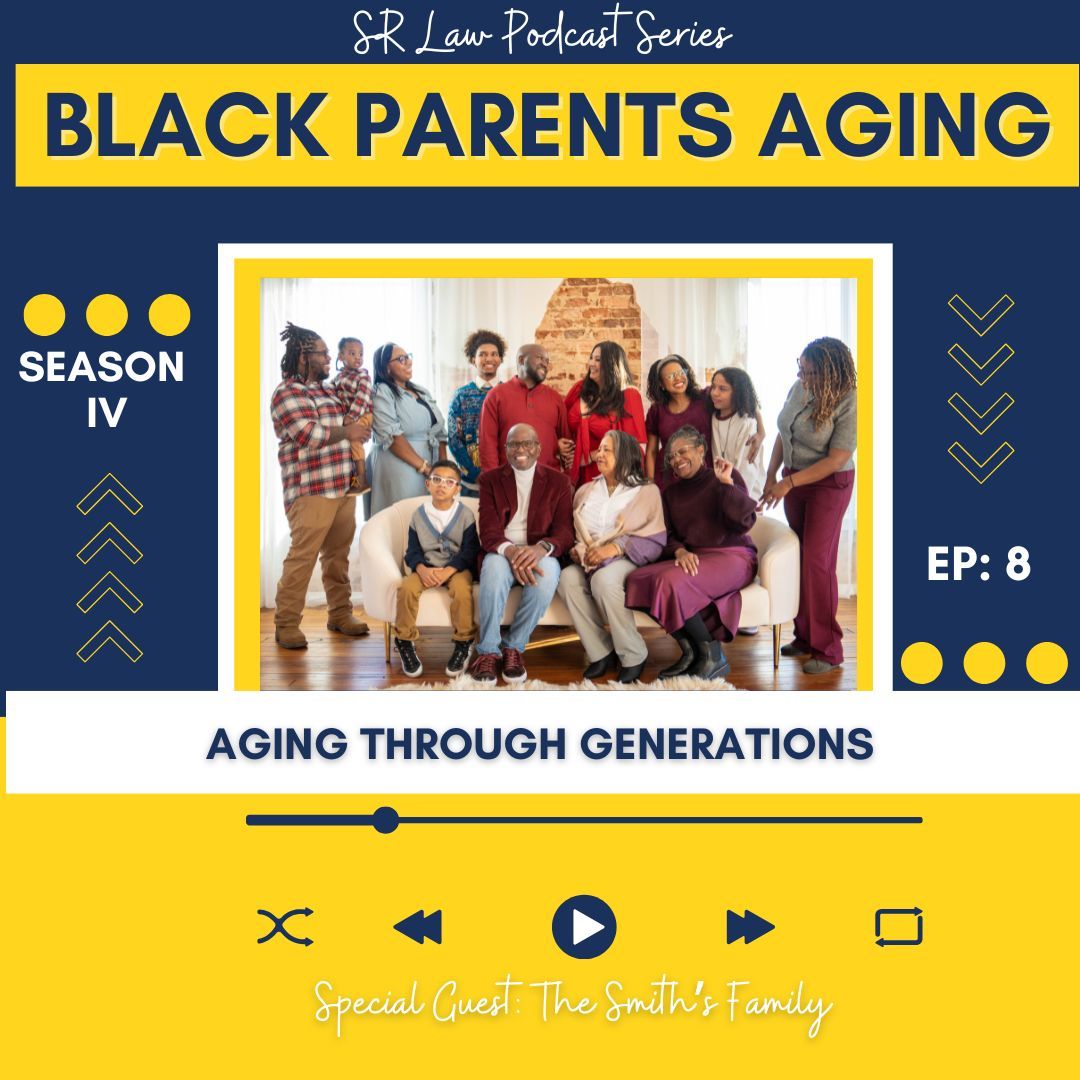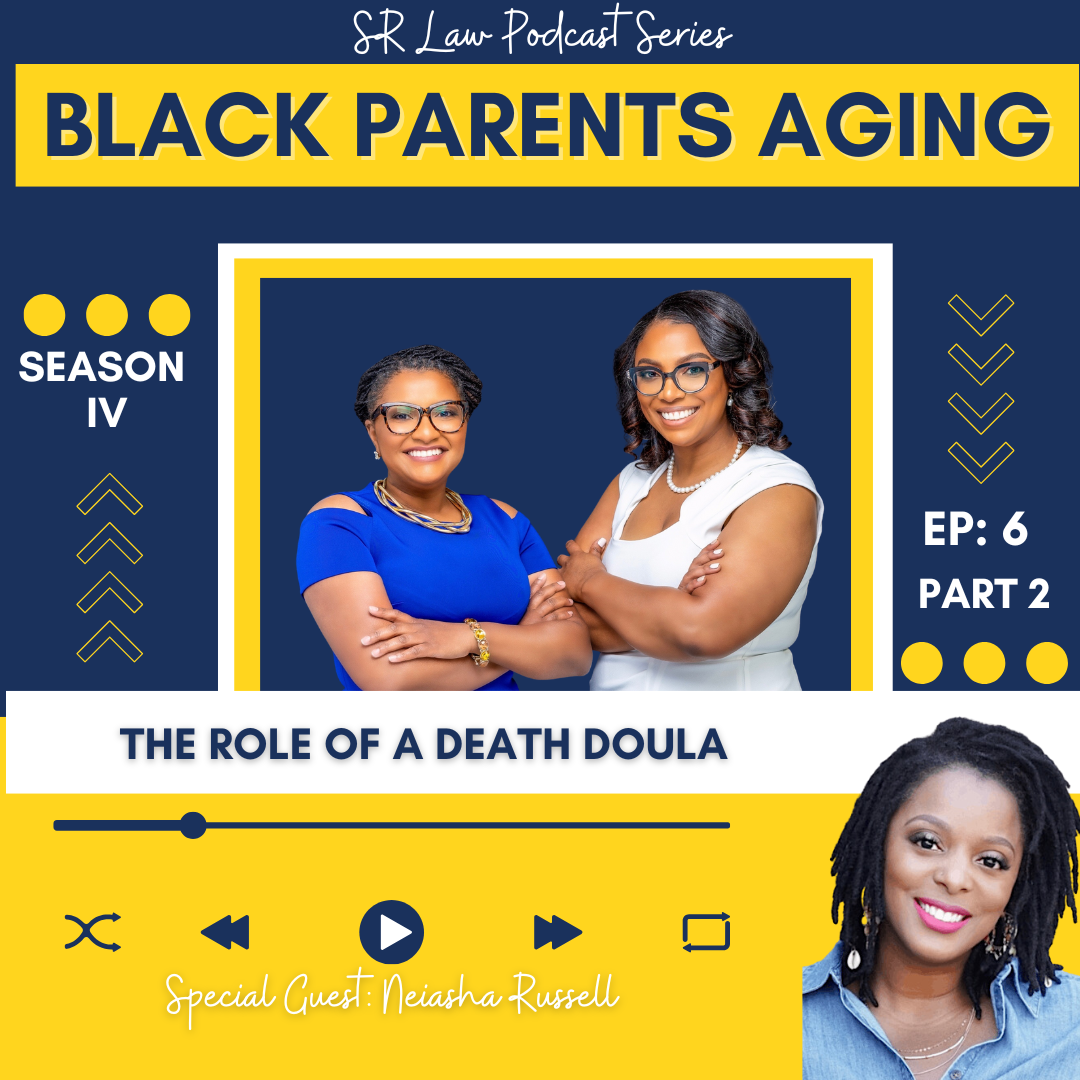Dealing With Debt and Creditors During Probate in Douglasville, Georgia
The loss of a loved one is a deeply emotional experience. Amidst the grief, families often face the daunting task of navigating the legal complexities of probate, the process of administering a deceased person's estate. One of the most challenging aspects of probate can be dealing with the deceased's debts and creditors. In Douglasville, Georgia, understanding the specific laws and procedures surrounding debt during probate is crucial for executors and administrators. This blog post will provide a comprehensive guide to dealing with debt and creditors during probate in Douglasville, Georgia, and how the experienced probate lawyers at The SR Law Group can help you navigate this complex process.
Understanding Probate in Georgia:
Probate is the legal process of validating a will (if one exists) and distributing the deceased's assets to their beneficiaries. If someone dies without a will (intestate), the court appoints an administrator to manage the estate according to Georgia's intestacy laws. The executor (named in the will) or administrator (appointed by the court) is responsible for managing the estate, including paying debts and distributing assets.
The Role of Debt in Probate:
When someone passes away, their outstanding debts do not simply disappear. Creditors have the right to pursue payment from the deceased's estate. The executor or administrator must identify and inventory all of the deceased's assets and debts. They must then use the estate's assets to pay off outstanding debts before distributing any remaining assets to the beneficiaries.
Identifying and Notifying Creditors:
The executor or administrator has a legal obligation to notify known creditors of the death. This is typically done by publishing a notice in the local newspaper and sending direct notice to known creditors. This notice alerts creditors that they have a specific timeframe (usually within a few months) to file their claims against the estate. Failure to file a claim within this period may bar the creditor from collecting the debt.
Prioritizing Debt Payments:
Georgia law establishes a specific order in which debts must be paid during probate. This hierarchy ensures that certain debts are prioritized over others. Generally, the order of priority is as follows:
- Funeral Expenses: Reasonable funeral expenses are typically paid first.
- Administration Expenses: Costs associated with administering the estate, such as court fees, attorney fees, and executor/administrator fees, are paid next.
- Taxes: Federal and state taxes owed by the deceased are given priority.
- Secured Debts: Debts secured by collateral, such as mortgages and car loans, are paid next. The creditor has the right to repossess the collateral if the debt is not paid.
- Medical Expenses: Expenses for the deceased's last illness are often given priority.
- Other Unsecured Debts: Credit card debt, personal loans, and other unsecured debts are typically paid last.
Handling Creditor Claims:
Creditors must file their claims against the estate within the designated timeframe. The executor or administrator must review these claims to ensure they are valid and accurate. If a claim is valid, the executor or administrator must pay it from the estate's assets, following the priority order mentioned above. If a claim is disputed, the executor or administrator may negotiate with the creditor or, if necessary, litigate the claim in court.
Insolvent Estates:
In some cases, the deceased's debts may exceed their assets. This is known as an insolvent estate. In such situations, the executor or administrator must follow specific procedures for distributing the limited assets to creditors, again adhering to the established priority order. Unsecured creditors may receive only a portion of what they are owed, or nothing at all.
Dealing with Specific Types of Debt:
- Mortgages: If the deceased owned real estate with a mortgage, the mortgage company has a secured claim against the property. The executor or administrator may choose to pay off the mortgage, sell the property to pay the debt, or allow the lender to foreclose.
- Car Loans: Similar to mortgages, car loans are secured by the vehicle. The lender has the right to repossess the vehicle if the loan is not paid.
- Credit Card Debt: Credit card debt is typically unsecured. Creditors may pursue payment from the estate, but they are lower on the priority list.
- Medical Debt: Medical debt incurred during the deceased's final illness is often given some priority, but this can vary depending on the specific circumstances.
- Taxes: Unpaid taxes are a serious matter and must be addressed promptly. The executor or administrator may need to file past-due tax returns and pay any outstanding tax liabilities.
Protecting Beneficiaries from Debt:
Generally, beneficiaries are not personally liable for the deceased's debts. However, there are some exceptions. For example, if a beneficiary co-signed a loan with the deceased, they may be held responsible for the debt. It is important to consult with a probate attorney to understand your rights and obligations as a beneficiary.
The Importance of Legal Assistance:
Dealing with debt and creditors during probate can be complex and overwhelming, especially during a time of grief. It is highly recommended that executors and administrators seek the guidance of an experienced probate attorney. A probate attorney can:
- Advise you on Georgia probate law and procedures.
- Help you identify and notify creditors.
- Review creditor claims and determine their validity.
- Negotiate with creditors on your behalf.
- Represent you in court if necessary.
- Ensure that debts are paid in the correct order of priority.
- Protect your interests and the interests of the beneficiaries.
How The SR Law Group Can Help:
Olivia Smith and Nicola Robinson, Co-Founders of The SR Law Group, are some of Georgia's most trusted probate lawyers. With over 30 years of combined experience helping families with their estate planning and probate needs, they understand the challenges you face during this difficult time. They can provide the expert legal guidance and support you need to navigate the complexities of probate, including dealing with debt and creditors. The SR Law Group can:
- Provide personalized legal advice tailored to your specific situation.
- Assist with all aspects of the probate process, from start to finish.
- Represent you in court if necessary.
- Work diligently to protect your interests and the interests of your family.
Dealing with debt and creditors during probate can be a daunting task. However, by understanding the laws and procedures involved, and by seeking the assistance of experienced probate counsel, you can navigate this process successfully and ensure that your loved one's estate is administered properly. The SR Law Group is here to help you during this challenging time. Contact them today for a consultation.






Contact Us
SR Law is Georgia's Premier Black-Owned Boutique Law Firm, providing Estate Planning and other legal services such as Probate, Guardianship and Conservatorship, Long-Term Care and Medicaid Planning, as well as Adoptions. Our focus is on the needs of veterans, and older individuals and their families.

